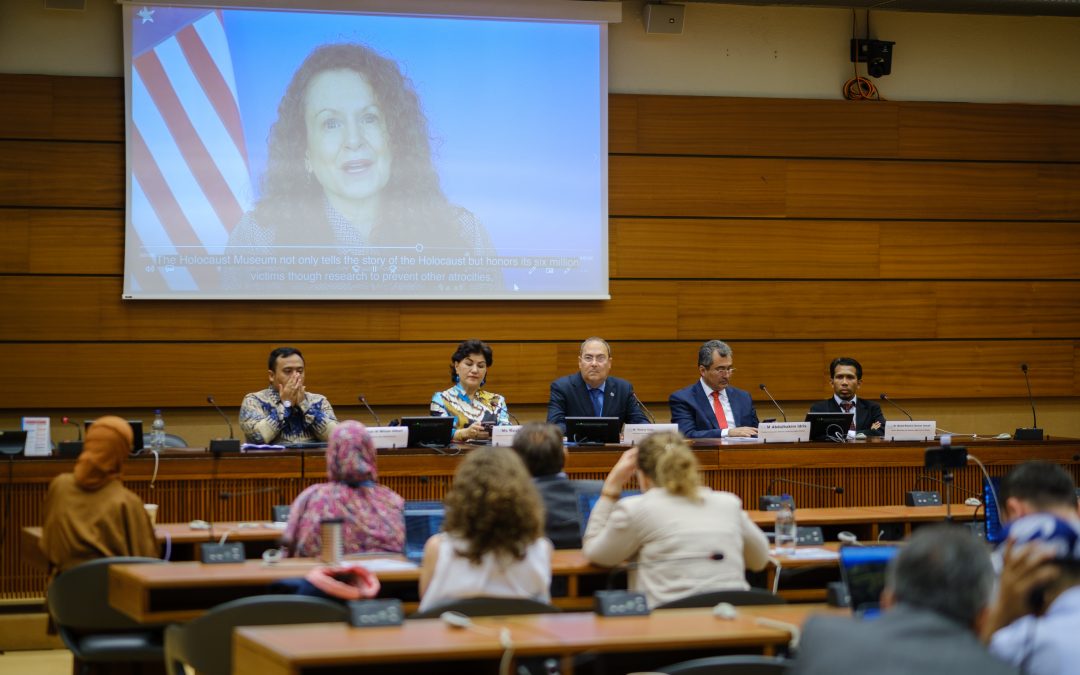
by CAP Liberté de Conscience | Jul 11, 2024 | HRC 56, news
Geneva, Switzerland – On July 5, a side event, “Combating Islamophobia in Asia: From Awareness to Action,” was held at the United Nations Human Rights Council’s (UNHRC) 56th Session to address the threats of Islamophobia in Asia, with a focus on the People’s Republic of China’s (PRC) persecution of Uyghur Muslims. The event was co-organized by CAP Liberté de Conscience, Campaign for Uyghurs (CFU), and the Center for Uyghur Studies. This event coincided with the 15th anniversary of the Urumchi Massacre, further highlighting the regime’s ongoing atrocities in the Uyghur region due to their ethnic and religious identity.
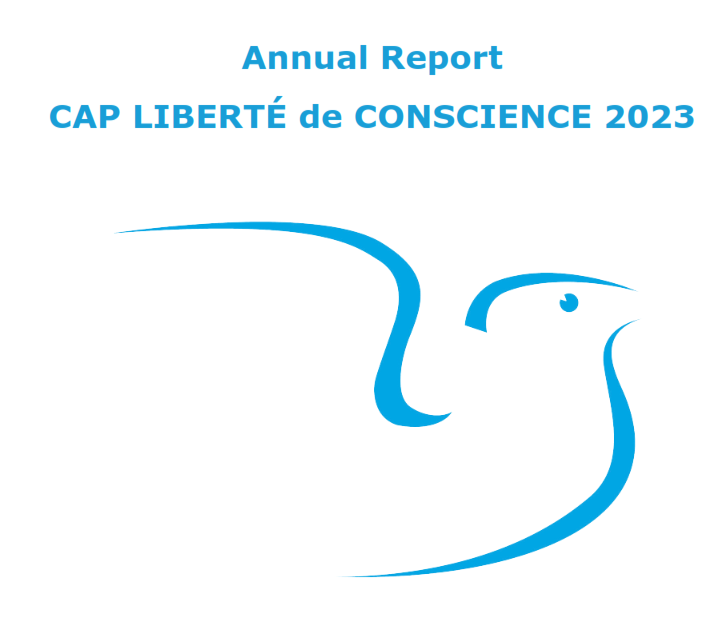
by CAP Liberté de Conscience | Jul 2, 2024 | CAP LC Publication
In a comprehensive report released today, the Coordination des Associations et des Particuliers pour la Liberté de Conscience (CAP LC), a non-governmental organization with ECOSOC consultative status at the United Nations, has detailed its unwavering efforts to promote and defend the universal principles of freedom of conscience, religion, and belief throughout the past year.
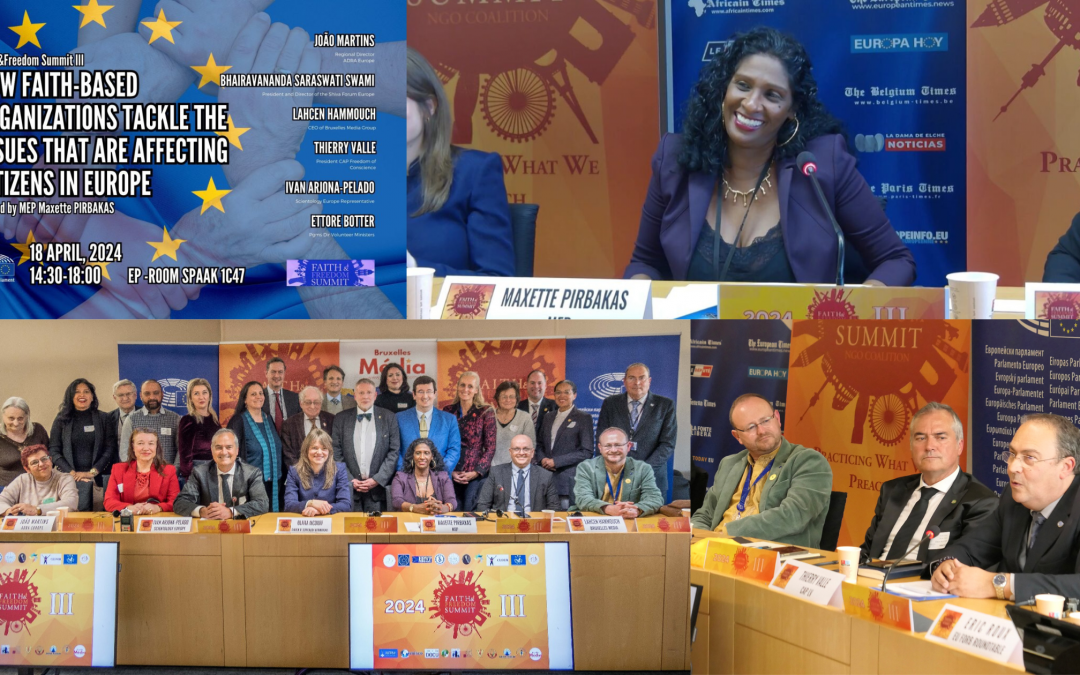
by CAP Liberté de Conscience | Apr 22, 2024 | CAP LC Europe, EU Parliament, news
First of all I would like to thank Mrs Maxette Pirbakas MP and the organisers of this 3rd Faith and Freedom summit for inviting me to give you a presentation on the theme of “the social action of Faith-Based Organizations”. I would like to take you on a journey through time, exploring the profound impact of Faith-Based organisations in promoting peace and social equality from the 15th century to the present day.
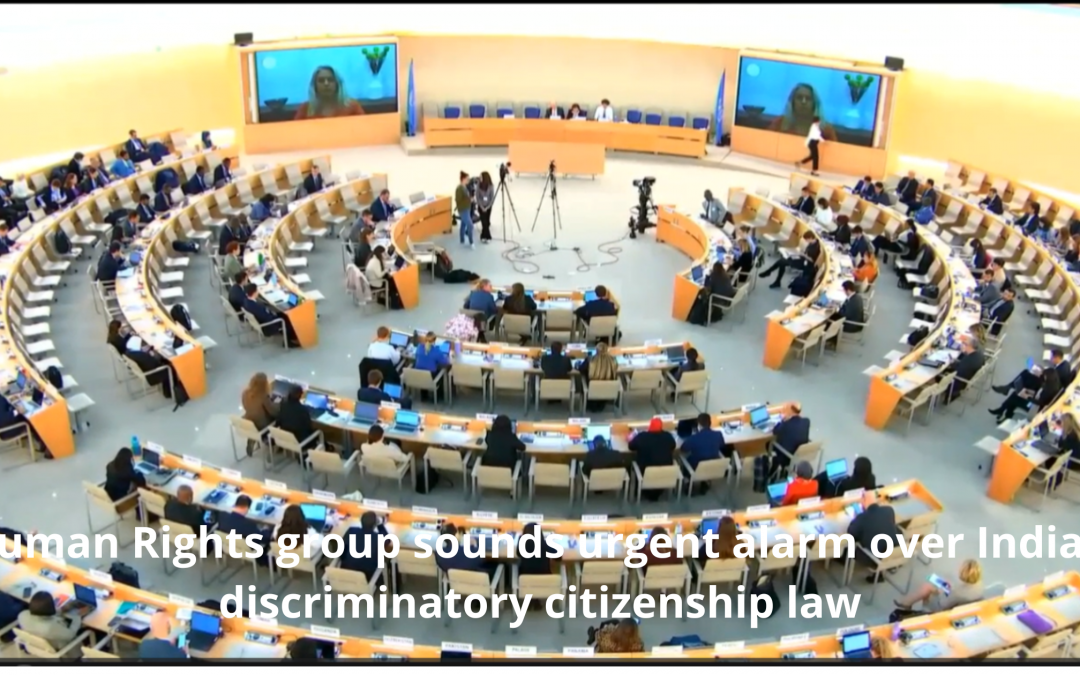
by CAP Liberté de Conscience | Mar 21, 2024 | HRC 55, news
Geneva, Switzerland (20 March 2024) – A prominent human rights organization today issued an urgent call for India to repeal its newly implemented Citizenship Amendment Act (CAA), which discriminates against Muslim migrants by denying them a pathway to citizenship based solely on their religion.
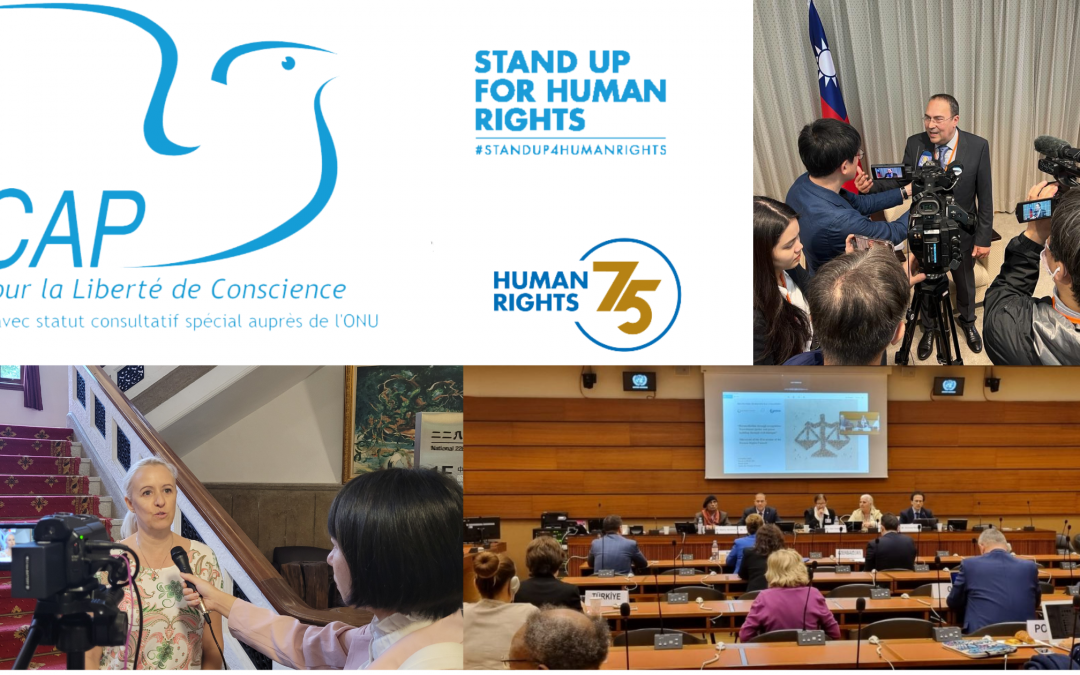
by CAP Liberté de Conscience | Mar 19, 2024 | France
Adhésion CAP LC 2024 : La Coordination des Associations et des Particuliers pour la Liberté de Conscience (CAP LC) joue un rôle essentiel dans la défense et la promotion de la liberté de conscience et d’expression, droit fondamental inscrit dans la Déclaration universelle des droits de l’homme.







